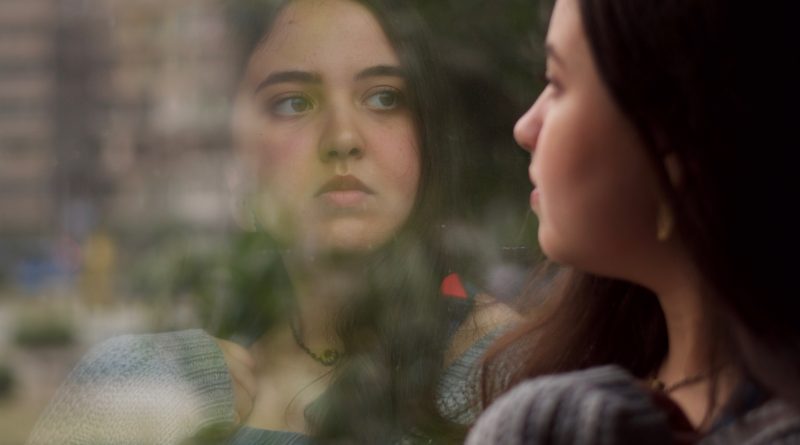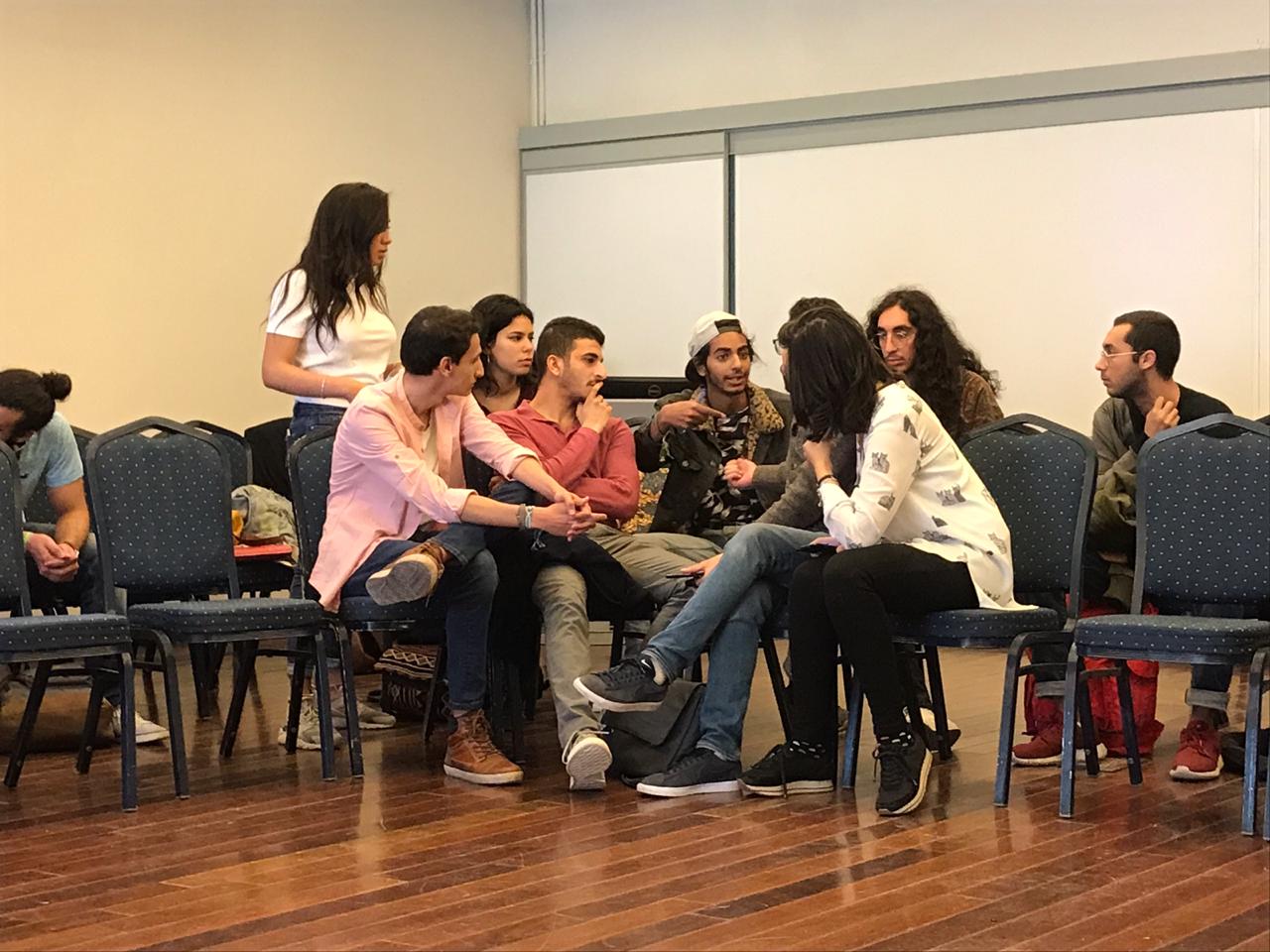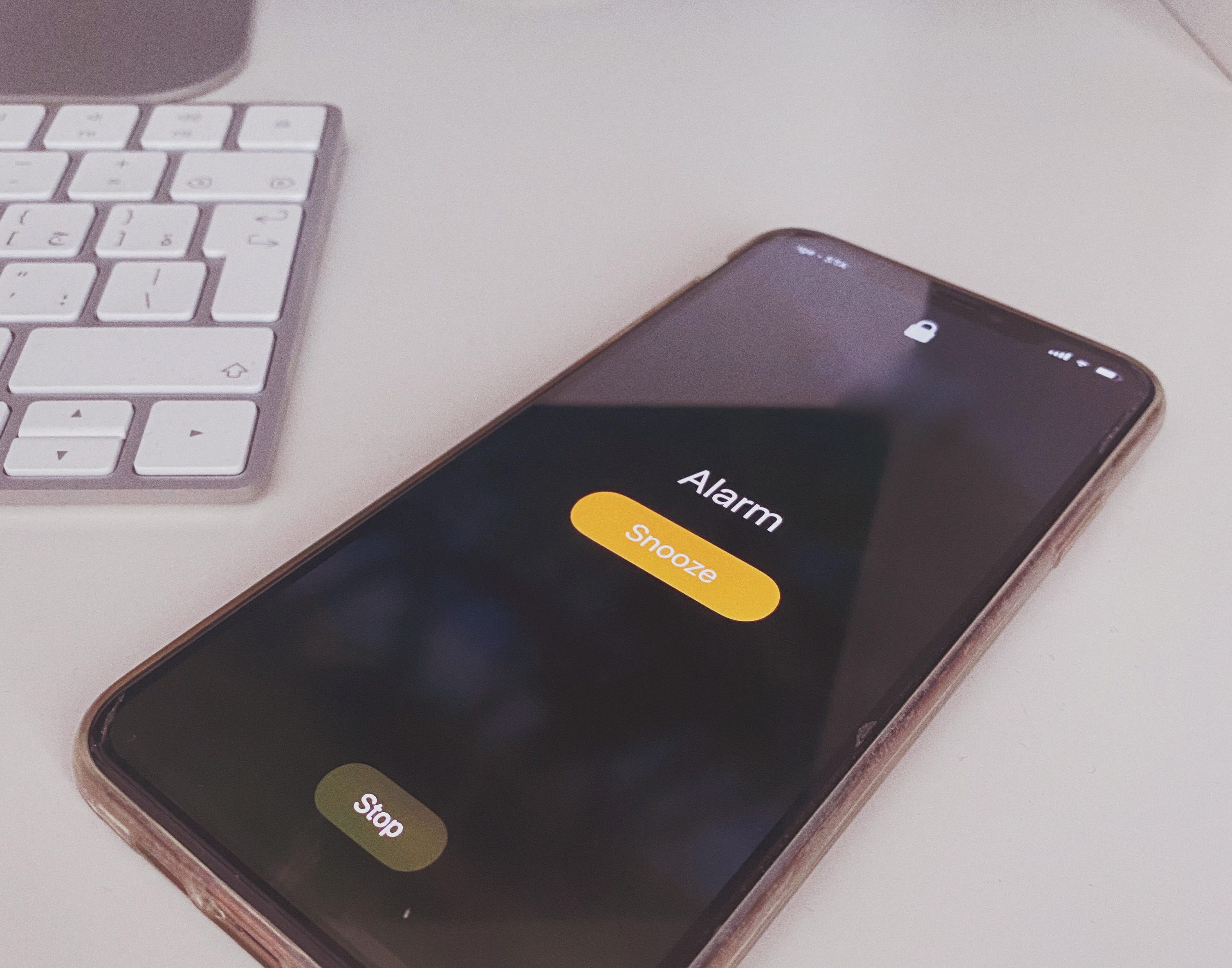Well-being After a Year of Quarantine: We’re All in the Same Boat
Habiba Al-Roubi
@habibaalroubi1_
When the COVID-19 pandemic forced everyone to self-isolate, many people’s lives and psychological well-being were dramatically affected in both negative and positive ways.
Iman El Omary, Associate Director of Student Well-being and Outreach, has seen some of these changes over the past year.
“Being bound to home, whether by choice or by forced lockdown in many countries, has increased stress, tensions and conflicts between family members, spouses, partners, and parent-children relationships,” said El Omary.
She also cites reports that the rates of people with anxiety have increased since the start of the pandemic.
According to a 2020 report published by Mental Health America, a non-profit dedicated to serving those with mental illness, there has been a 1.5 million increase in the number of people suffering from anxiety since the previous year.
El Omary points out that people who suffer from anxiety are the ones who will really need to rebuild their communication skills the most.
Amal Badeeb, a senior counselor at the Center for Student Well-Being, explained that the quarantine has also affected people’s motivation to work and study.
“It’s not easy to always be focused on screens. It takes a lot of effort from the students to pay attention and be disciplined and do the work needed,” said Badeeb.
She added that it is difficult to have the same routine everyday while also maintaining the same energy level and attempting to stay healthy.
Some people have lost their social skills and are not as friendly and communicative as before, Badeeb added.
Freshman Shahd Zanaty says she’s been struggling with the changes of the past year.
“I was so sociable and enjoyed gathering with friends before quarantine. Now, I’m really struggling since I’m unable to deal with people or even want to leave the house anymore. I always come up with excuses to escape a hangout,” she says.
According to an article published on ResearchGate by Muhammad Adnan and Kainat Anwar on how the pandemic is affecting college students, some of the challenges associated with online learning during the pandemic are lack of campus socialization, group work issues and instructor response time.
“I’m finding it weird to interact and communicate with my classmates, and even with my professors through Zoom. However, sitting behind a screen knowing that I’m not having to communicate face-to-face has become my comfort zone,” said Lean Farouk, a German University in Cairo sophomore, majoring in Pharmacology.
Aya Khalil, a Social and Behavioral Sciences junior in the American University of Kuwait, found that quarantine did not affect her psychological well-being at all as she was always introverted and prefered to stay at home.
She used quarantine as an opportunity to be herself and focused on her health by exercising regularly.
“I’m thankful for that time because I am now a healthier and happier Aya,” said Khalil.
Reem El Saka, an AUC Economics sophomore, was already going through tough times before the pandemic and came out of quarantine feeling more positive.
“[Before the pandemic] I was losing my identity due to my confusion about my future. I also knew a person that turned my life upside down that I lost my spirit […]. I gained weight, I lost passion in my hobbies and so many other things,” said El Saka.
But then she took advantage of the time spent at home during quarantine and worked on improving her life. She began rebuilding her self-confidence, focused on loving herself, and reconnected with the people around her that she wasn’t paying attention to.




